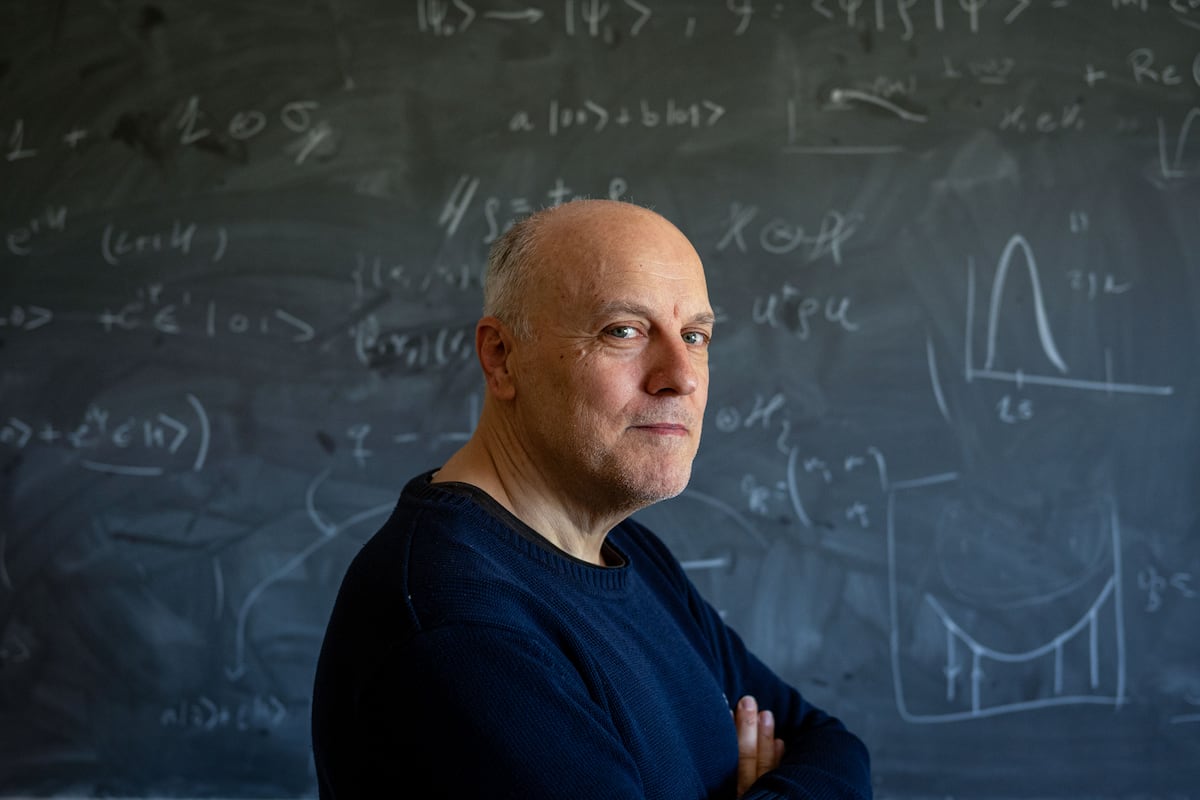fromBig Think
2 days agoEinstein the "lone genius" is a complete myth
Perhaps the most commonly told myth in all of science is that of the lone genius. The blueprint for it goes something like this. Once upon a time in history, someone with a towering intellect but no formal training wades into a field that's new to them for the first time. Upon considering the field's issues, they immediately see things that no one else has ever seen before.
Science


